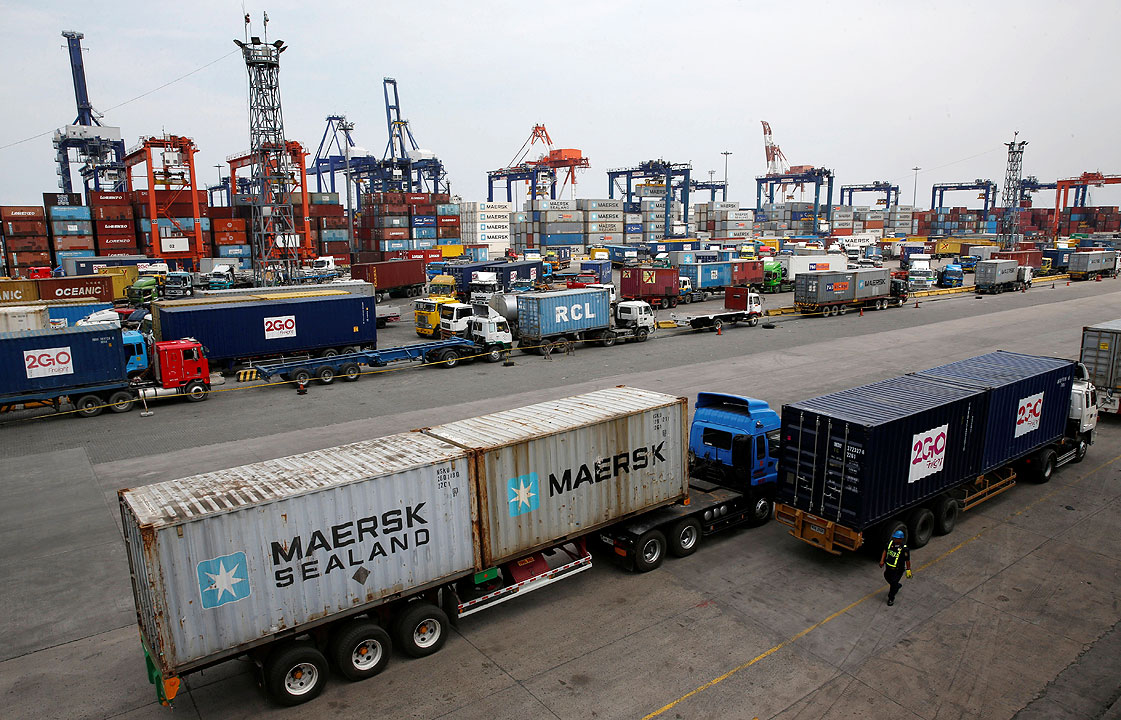Philippines implements single electronic invoicing system for imports

THE PHILIPPINE government has enforced a single electronic invoicing system for all imported commodities, as it explores nonmonetary measures to address rising food prices.
Under Administrative Order (AO) No. 13 signed by President Ferdinand R. Marcos, Jr. on May 13, the country will implement digital and integrated pre-border technical verification and cross-border electronic invoicing for all imported commodities entering the country.
A single electronic invoicing system is necessary to “effectively monitor international trade transactions of all imported goods,” according to the order.
It would also “strengthen national security, safeguard consumers’ rights, and protect the environment against sub-standard and dangerous imported goods,” the order read.
The new system, which the Bureau of Customs (BoC) shall implement within two years, will be enforced gradually. The first phase covers agricultural goods including fresh and frozen meat, fish and other aquatic resources, cereals, fruits, vegetables, and feeds.
The second phase covers non-agricultural goods with health and safety issues, while the last phase will cover other goods with misdeclaration to avoid duties and taxes.
The AO also created a Committee for Pre-border Technical Verification and Cross-border Electronic Invoicing, which will be chaired by the Finance secretary.
The committee’s members include the secretaries of the departments of Agriculture, Trade, energy, Health, Environment and Natural Resources, and Information Communications Technology.
Committee members also include the BoC commissioner, director-general of Philippine Drug Enforcement Agency, and two non-voting representatives from duly recognized industry associations to be appointed by the chairperson upon the committee’s recommendation.
Funding for the order’s implementation would be charged against the available appropriations of the BoC and other members of the committee, according to the order.
The new system followed the issuance of an AO mandating the Agriculture department as well as the Trade and Finance agencies to further ease procedures for agricultural imports and remove non-tariff barriers.
Non-tariff barriers are policy measures that restrict trade such as quotas, import licensing systems, regulations and red tape, among others, according to AO 20.
Inflation accelerated for a third straight month to 3.8% in April from 3.7% in March. It also marked the fifth straight month that inflation settled within the BSP’s 2-4% target range.
Food inflation rose to 6.3% in April from 5.7% in March.
Inflation averaged 3.4% in the January-April period, below the central bank’s 3.8% full-year forecast. — Kyle Aristophere T. Atienza



